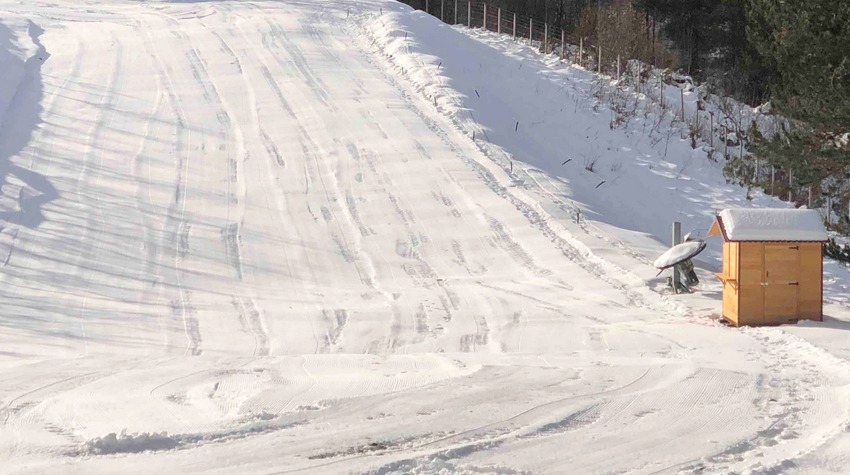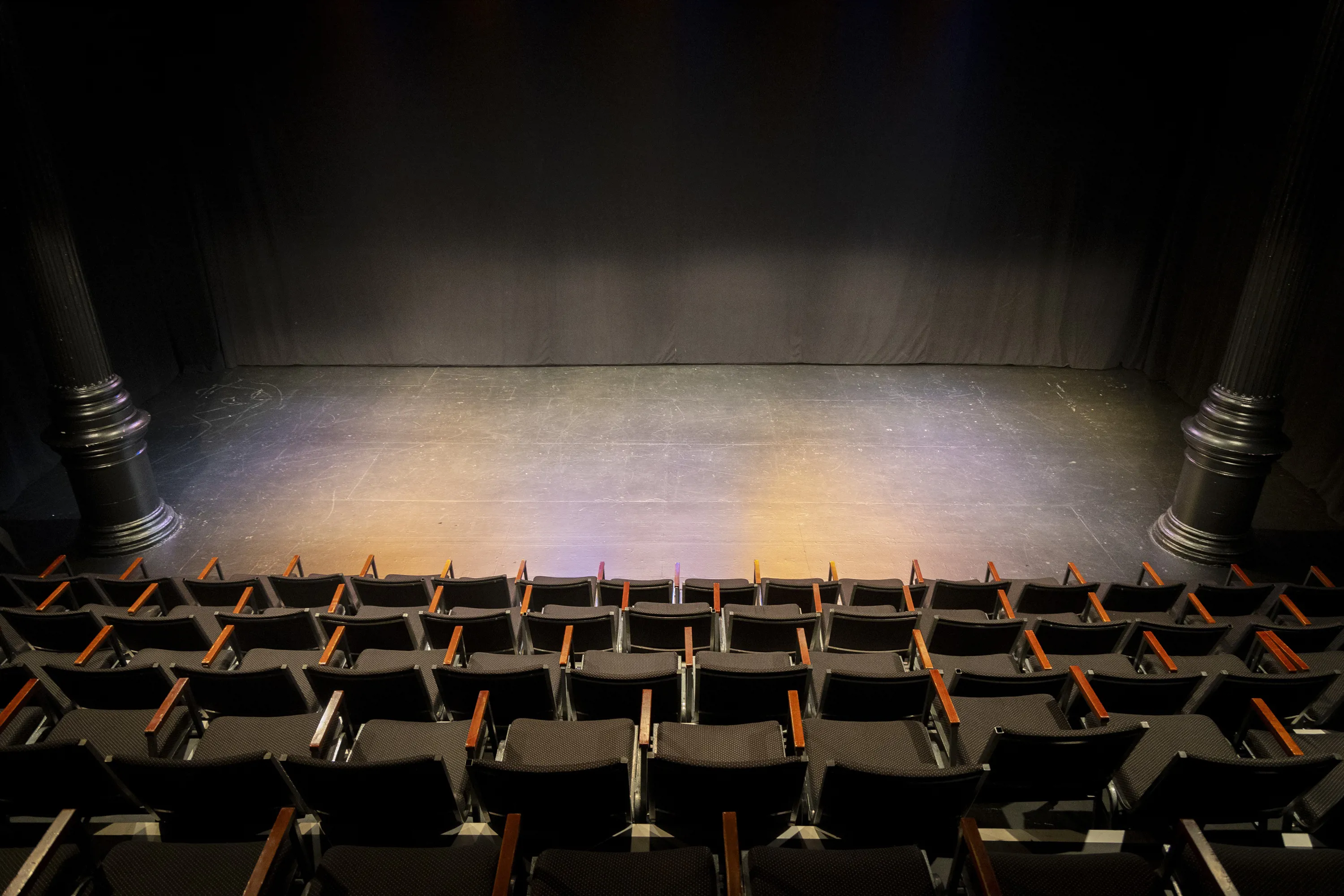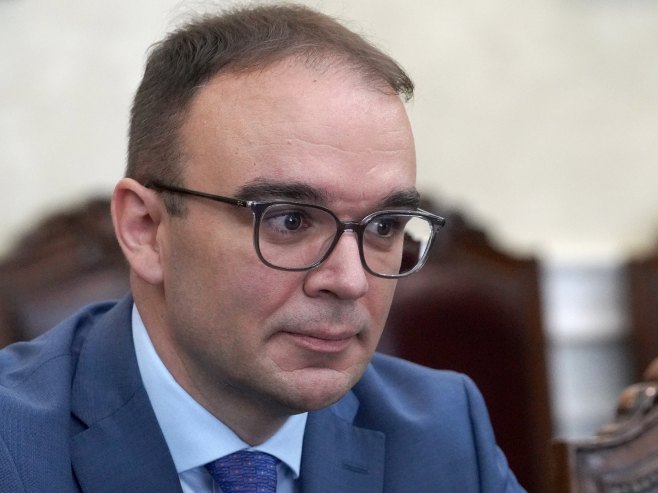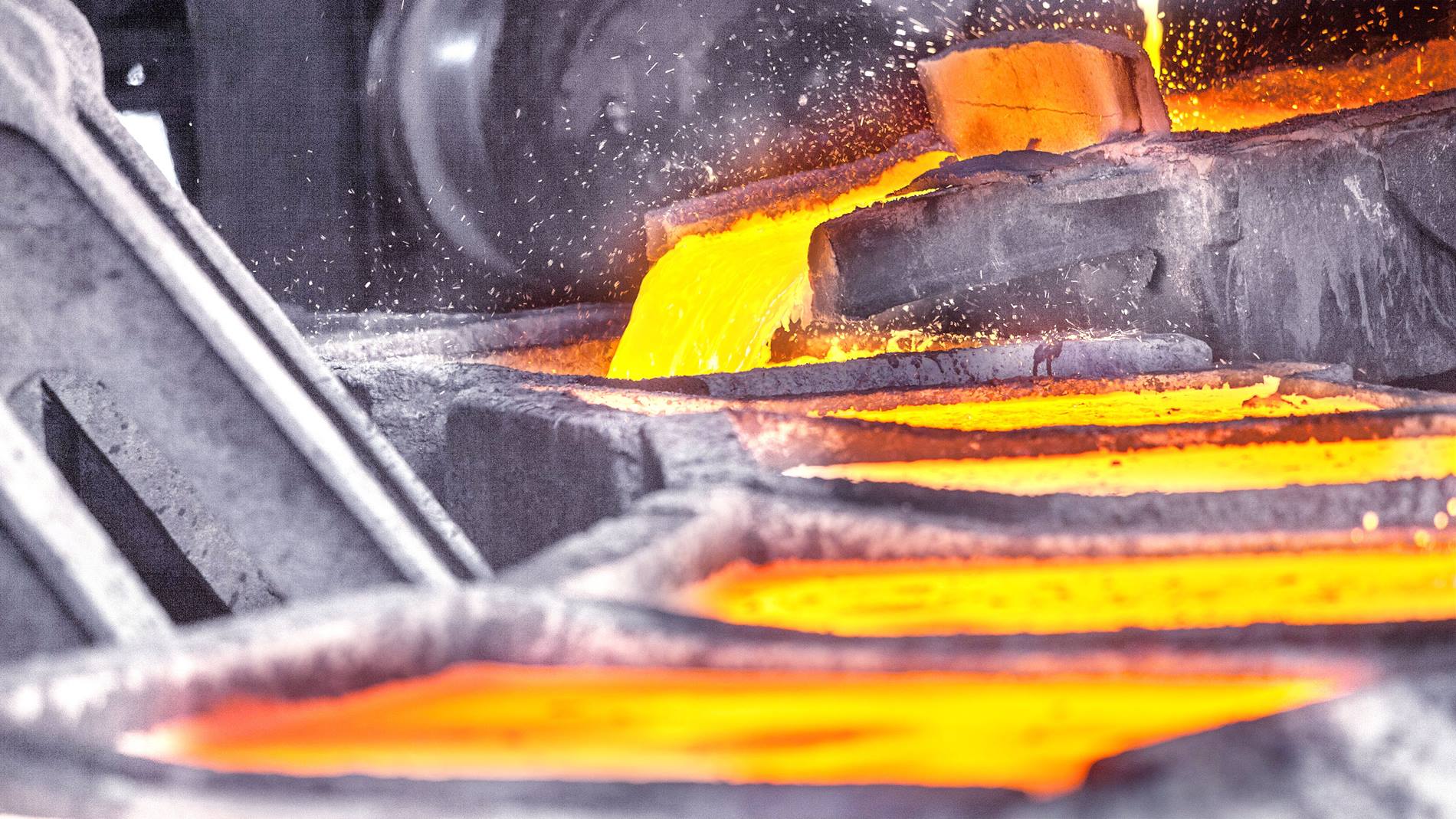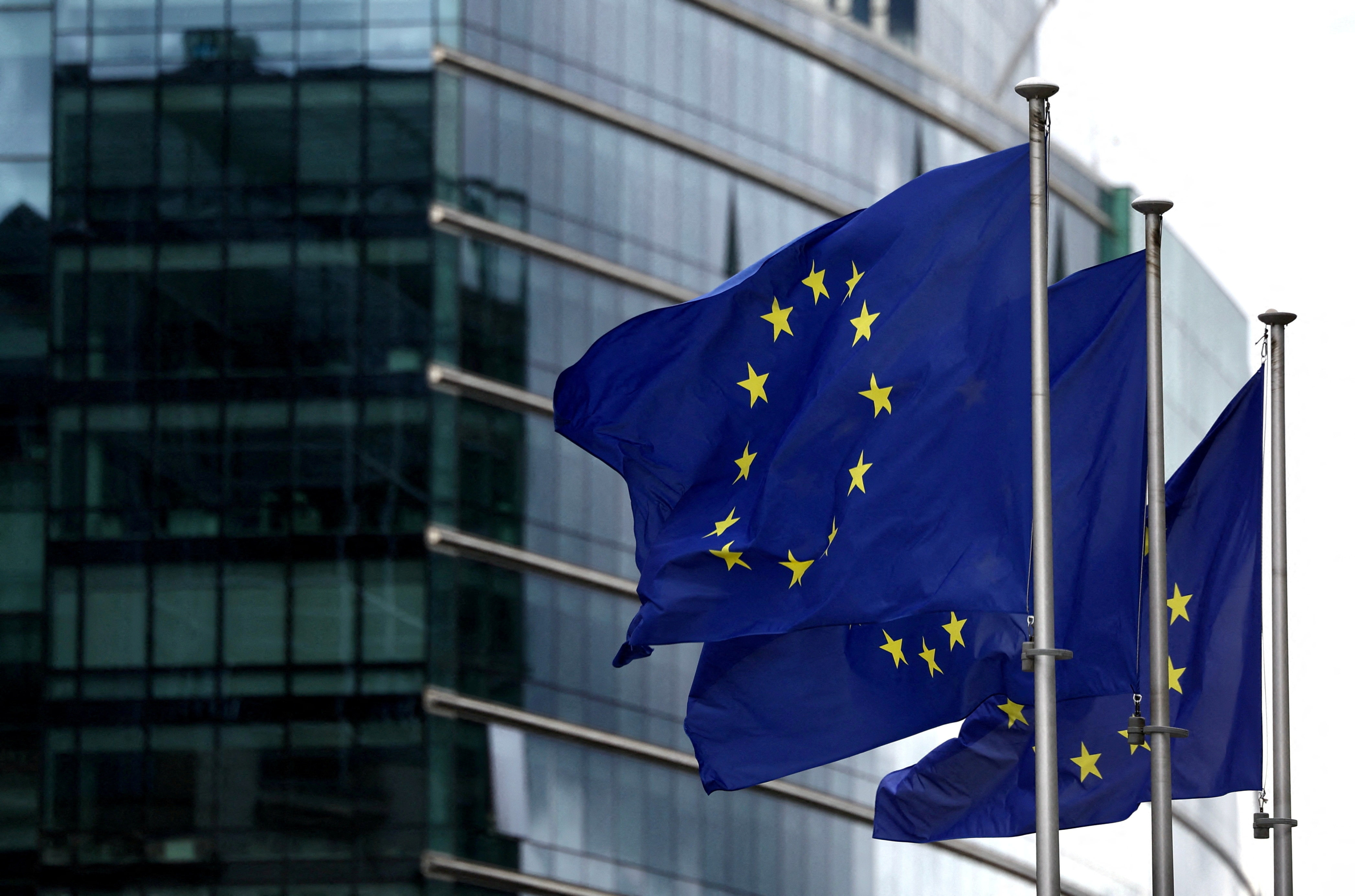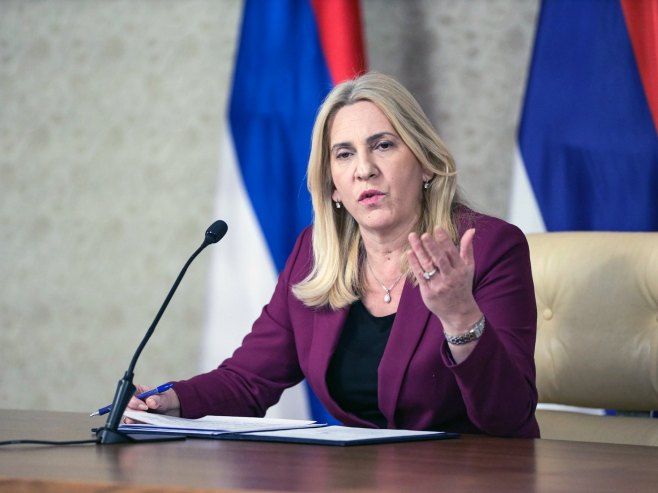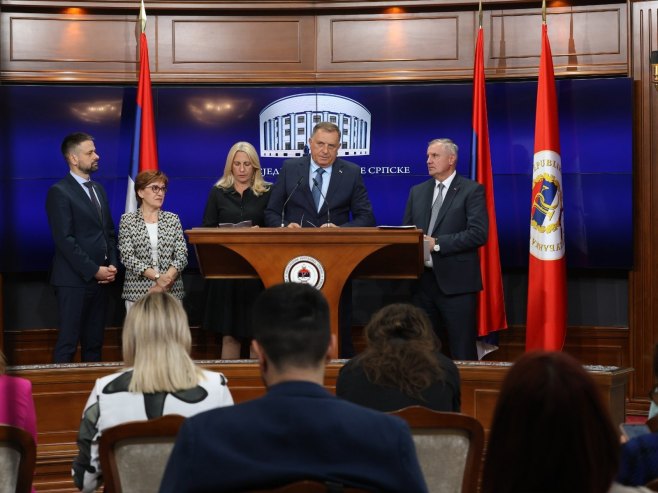The gathering in Potočari, which is increasingly staged each year as a political, theatrical, and media spectacle, is primarily aimed at strengthening the cohesion of Bosniaks in Bosnia and Herzegovina—a heterogeneous group lacking a unified identity—by using the Srebrenica tragedy as a unifying narrative.
So says historian Aleksandar Raković in an interview for Glas Srpske, adding that this is one of the ways in which Muslims are trying to build a national identity rooted in victimhood.
“It also serves as a constant pressure on Serbs. The goal is to maintain the stigma unfairly imposed on all Serbs in the region. And it is done quite deliberately. But Serbs shouldn’t be concerned about how they interpret the events in Srebrenica 30 years ago,” says Raković.
On the use of Srebrenica as national glue
When asked whether comparisons can be drawn between this use of Srebrenica and Croatia’s methods of national consolidation—like the concerts of Marko Perković Thompson—Raković responds:
“Let me say this clearly: I will no longer refer to them as Bosniaks. From now on, I call them Muslims, because they deny the legitimacy of Republika Srpska by calling it ‘RS’, ‘the smaller entity’, and even a ‘genocidal creation.’ If they hold such contempt for the Serb people, then we should call them by what they are.”
He adds that, unlike Muslims who have only Srebrenica, Croats have multiple symbols of national cohesion—Međugorje, Operation Storm, Hajduk, Dinamo, and the Croatian national football team—making their national narrative more varied and effective.
“Muslims, on the other hand, parrot what the West has told them.”
On the imposed law banning Srebrenica ‘genocide denial’
Raković calls the law, which criminalizes denial of the “Srebrenica genocide”, a repressive instrument:
“It aims to silence everyone—from ordinary citizens to media outlets. It’s a direct attack on freedom of speech. The political Sarajevo establishment no longer has arguments to defend the Srebrenica myth, which is why this law was imposed—to suppress dissenting views and block any evidence that might challenge their narrative.”
On equating Srebrenica with Jasenovac
Raković firmly rejects comparisons between Srebrenica and the Jasenovac concentration camp:
“Such claims are nonsense and lies. The two cannot be equated. In fact, prominent Israeli Holocaust experts like Efraim Zuroff and Gideon Greif have stated that what happened in Srebrenica does not meet the definition of genocide. Why shouldn’t Serbs be allowed to reference such serious research?”
On classified intelligence documents
He’s not optimistic that classified Western intelligence files will be released soon:
“I don’t believe these documents will see the light of day anytime soon—especially not while certain Western countries, which were active participants in the war, continue to benefit from keeping them hidden. Back then, Srebrenica served as justification for their future interventions, and today it remains a tool for political manipulation.”
He draws a parallel with the Račak incident, which was similarly instrumentalized.
On the silence over Serb victims
Raković bluntly states that the West knows about the Serb victims, particularly those slaughtered in Podrinje, but deliberately ignores them:
“Those victims are simply not useful to them politically, so they won’t be acknowledged. There are even testimonies in The Hague about blood feuds and massacres, but none of this interests the West. Their only aim is to pressure Republika Srpska and maintain control, even at the risk of provoking a new crisis.”
He adds:
“Let’s remember the stoning of Aleksandar Vučić in Srebrenica—that was nothing less than a form of revenge, a blood feud. This Srebrenica narrative will likely be perpetuated for decades to come unless there is a civilizational shift in the power dynamics of the West.”
On the memorial center in Bratunac
Responding to accusations from media in the Federation of BiH that the construction of a memorial complex in Bratunac is a “malicious plan”, Raković says:
“The real malice lies in those who write and say such things. It’s like the thief shouting ‘Stop thief!’ That memorial must be built to honor the memory of Serbs who suffered immensely in that region. Entire families were killed—many of them by the same perpetrators in both World Wars and again in the 1990s. Should we forget that?”
Source: Glas Srpske
